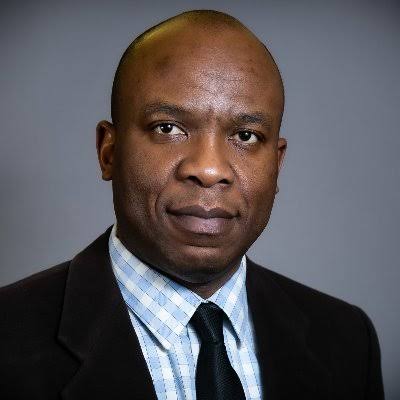Did you know over 60 million Nigerians rely on generators to power their homes and businesses? That’s like the population of an entire country living in a constant blackout. Every year, we spend billions of naira on diesel and petrol to keep those noisy, smoky machines running. Generators have become so common that they feel like part of our culture, but this is a problem we can—and should—fix.
Why can’t we just solve the power crisis? The truth is, it’s not just about broken equipment or bad management. The businesses selling generators and fuel make a fortune—an estimated ₦6 trillion every year—because the grid keeps failing. Some people even believe these businesses might be behind some of the vandalism that damages the power grid, making sure blackouts continue so their profits keep rolling in. Sound shocking? It’s not far-fetched.
Here’s how it works: vandals target power lines, transformers, and other parts of the grid. When that happens, neighborhoods go dark, and people have no choice but to turn to their generators. The more outages, the more generators and fuel people buy. It’s a vicious cycle, and it’s costing us dearly—not just in money but in our health and the environment.
Other countries have dealt with similar issues and found solutions. In South Africa, for instance, they use drones, cameras, and sensors to monitor and protect power infrastructure. Nigeria could do the same. Imagine drones patrolling vulnerable areas and sensors alerting security teams when something is wrong. Better yet, communities could be part of the solution. What if locals were rewarded for reporting suspicious activity near power lines? Together, these measures could make vandalism much riskier and far less common.
But cracking down on vandalism isn’t enough. Kenya offers another example, where the government passed strict laws making vandalism a serious crime. If Nigeria followed suit, with harsh penalties for those caught tampering with the grid, it would send a clear message that such acts won’t be tolerated. Swift prosecution of vandals would reinforce this message, ensuring justice and reducing repeat offenses.
However, addressing vandalism is only part of the solution. The generator industry has become so big and profitable that it thrives on an unreliable power supply. The longer the lights stay off, the more money these companies make. And here’s the kicker: some Nigerians are even turning to propane gas to power their generators because it’s cheaper than diesel or petrol. It might save money, but it’s incredibly dangerous. A single leak can cause an explosion or fire. In one case, a family in Lagos lost their home to a propane-powered generator fire. In another, a family in Port Harcourt suffered carbon monoxide poisoning because they used a propane generator indoors. These stories are heartbreaking—and avoidable.
So, what’s the solution? We need to turn the generator industry into part of the fix, not part of the problem. In Brazil, the government encouraged businesses to switch from selling fossil fuel generators to promoting renewable energy solutions like solar panels and batteries. Nigeria could do the same. Imagine walking into a shop that once sold diesel generators but now offers affordable solar power systems. These businesses could still make money—while helping to build a cleaner, brighter future.
The government can make this change even more attractive by offering contracts and incentives to businesses that invest in renewable energy. For instance, companies could be paid to set up solar-powered mini-grids in rural areas or install backup power systems for schools and hospitals. And the benefits don’t stop there. By investing in clean energy, the government could unlock billions of naira in tax revenue from new energy markets, create thousands of jobs in the renewable energy sector, and drive economic growth.
For example, transitioning to solar mini-grids could boost Nigeria’s GDP by up to ₦2 trillion annually through enhanced productivity and business growth. Over five years, this could contribute ₦10 trillion to the economy. Every ₦1 invested in renewable energy could generate ₦3 in returns through economic activity, reduced healthcare costs from less pollution, and better access to reliable electricity.
Imagine what that kind of investment could do for Nigeria. Reliable electricity would boost businesses, create jobs, and make life better for millions of people. It’s not just about fixing the grid—it’s about building an economy that works for everyone.
But it’s not just up to the government or businesses. We all have a role to play. Take Ghana, for example. They started creating “generator-free zones” in areas with stable electricity, encouraging people to switch to solar power. Nigeria could do the same, starting with cities like Lagos and Abuja. Public campaigns could show how solar energy is quieter, cheaper, and better for the environment. Imagine trading in your noisy, polluting generator for a clean, reliable solar system. Sounds good, doesn’t it?
The good news is, we don’t have to stay stuck in the dark. By cracking down on vandalism, supporting clean energy, and giving generator businesses a reason to evolve, we can break free from this cycle. Picture a Nigeria where the power is always on, the air is clean, and the hum of generators is a distant memory. It’s not just possible—it’s waiting for us. All we need to do is take the first step.
Share your story or advertise with us: Whatsapp: +2347068606071 Email: info@newspotng.com











